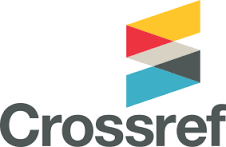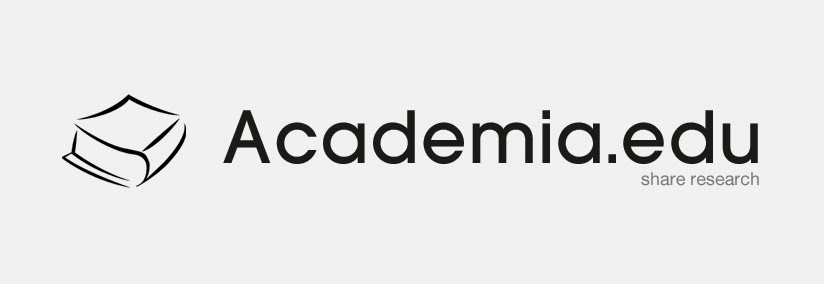Pengaruh Bantuan Kartu Indonesia Pintar (KIP) Terhadap Harapan Sekolah di Provinsi Jawa Timur Tahun 2017
Abstract
Keywords
Full Text:
PDFReferences
Abdullah. N.S. 2004. Materi Pokok Ekonomi Pendidikan. Jakarta: Universitas Terbuka.
Badan Pusat Statistik. 2019. Indeks Pembangunan Manusia 2017. Jakarta: BPS.
Badan Pusat Statistik.2017. Surve Sosial Ekonomi (SUSENAS) tahun 2017. Jakarta : BPS.
Jolianis. 2015. Pengaruh Alokasi Anggaran Sektor Pendidikan, Pendapatan Per Kapita dan Pendidikan Kepala Rumah Tangga terhadap Angka Partisipasi Sekolah di Kabupaten/Kota Provinsi Sumatera Barat. Journal Of Economic Education. Vol.3 (2): 169-184.
Kemendikbud. 2016. Draf Petunjuk Teknis Program Indonesia Pintar 2015. Jakrta : Kementrian Pendidikan dan Kebudayaan.
Lidiana, dkk. 2014. Pengaruh dan Efektivitas Bantuan Progam Keluarga Harapan (PKH) terhadap Partisispasi Pendidikan di Kecamatan Muara Tiga kabupaten Pidie. Jurnal Ilmu Ekonomi Pascasarjana Universitas Syiah Kuala. Vol.1: 31-38.
Mc Mahon dan Terry G. Geske. 1986. Financing Education: Overcoming Inefficiency and Inequity, USA: University of Illionis.
Mangkoesoebroto, Guritno. 2000. Ekonomi Publik. Yogyakarta: BPFE.
Nugroho, Rianto. 2008. Kebijakan Pendiikan yang Unggul. Yogyakarta: Pustaka Pelajar.
Psacharopoulus, Hinchffe, Dougherty & Hollister. 1983. Manpower Issues in Educational Investment: A Consideration of Planning Processes and Techniques. Washington DC: The World Bank.
Pramata, Y Prima. 2012 Startegi Peningkatan Partisipasi Sekolah Program Wajib Belajar Jalur Pendidikan Formal di Kabupaten Bogor.Tesis. Sekolah Pasca Sarjana Institu Pertanian Bogor.
Schiffman, L. dan Kanuk, LL. 2010. Consumer Behavior. 10th Edition. New Jersey: Pearson Prentice Hall.
Schultz, Treodore W. 1961. Invesment in Human Capital. In karabel, Jeremo and Halsey, A.H. Power and Ideology in Education. New York : Oxford University Press.
Simanjutak, Payaman J. 2003. Produktivitas Kerja Pengertian dan Ruang Lingkupnya. Jakarta : Prisma.
Sunyoto, Danang. 2014. Praktik Riset Prilaku Konsumen. Yogyakarta : CAP (Center of Academic Publishing Service).
Tadaro, M.P dan Smith, Stephen C. 2003. Pembangunan Ekonomi di Dunia Ketiga(terjemahan) Edisi Kedelapan. Jakarta: Erlangga.
Tadaro, M.P. 2004. Pembangunan Ekonomi di Dunia Ketiga. Terjemahan, Edisi Kedelapan, Jilid 1 dan 2. Jakarta: Erlangga.
DOI: https://doi.org/10.21107/mediatrend.v14i2.5799
Copyright (c) 2019 Media Trend


















